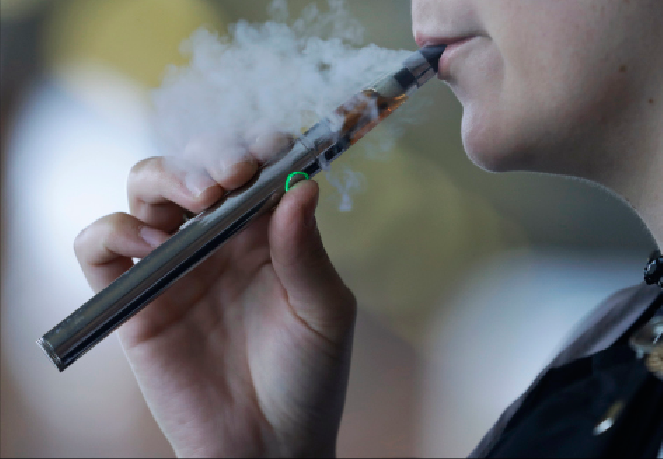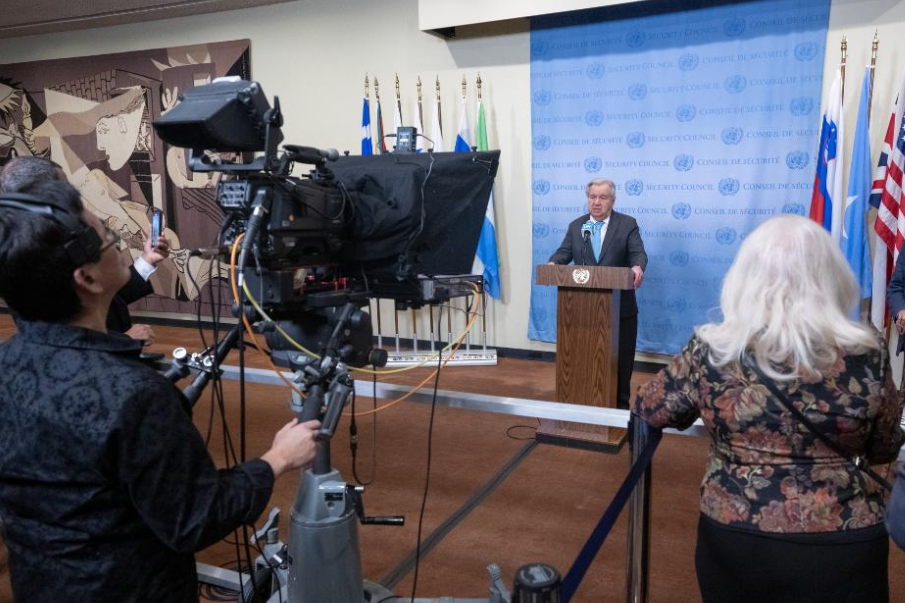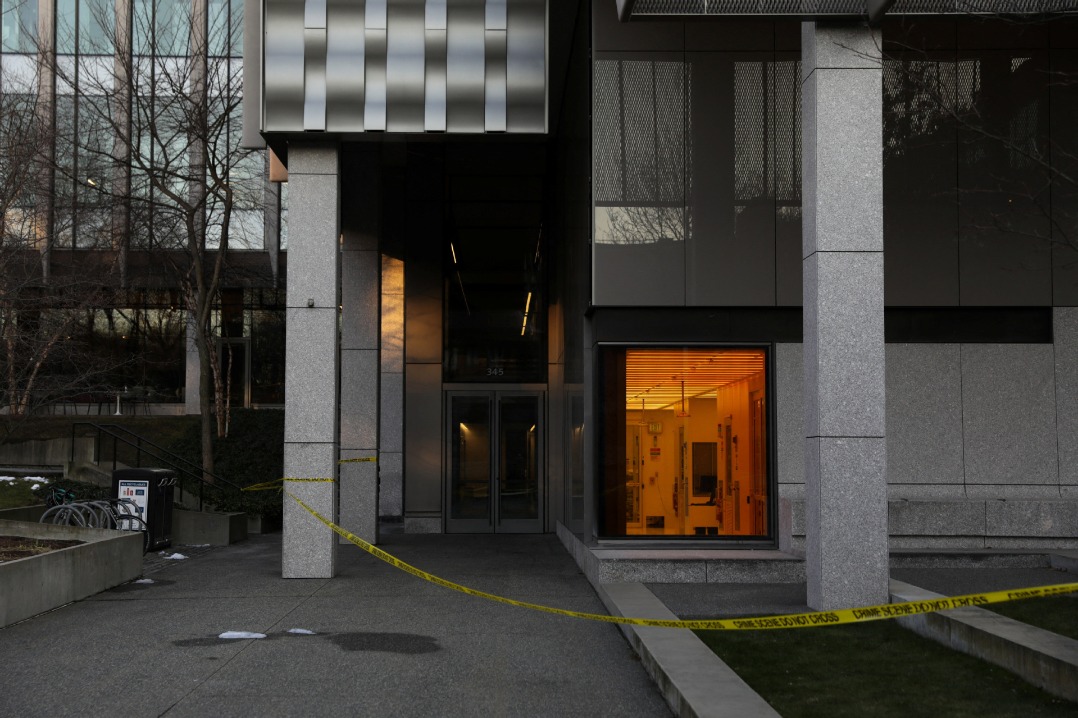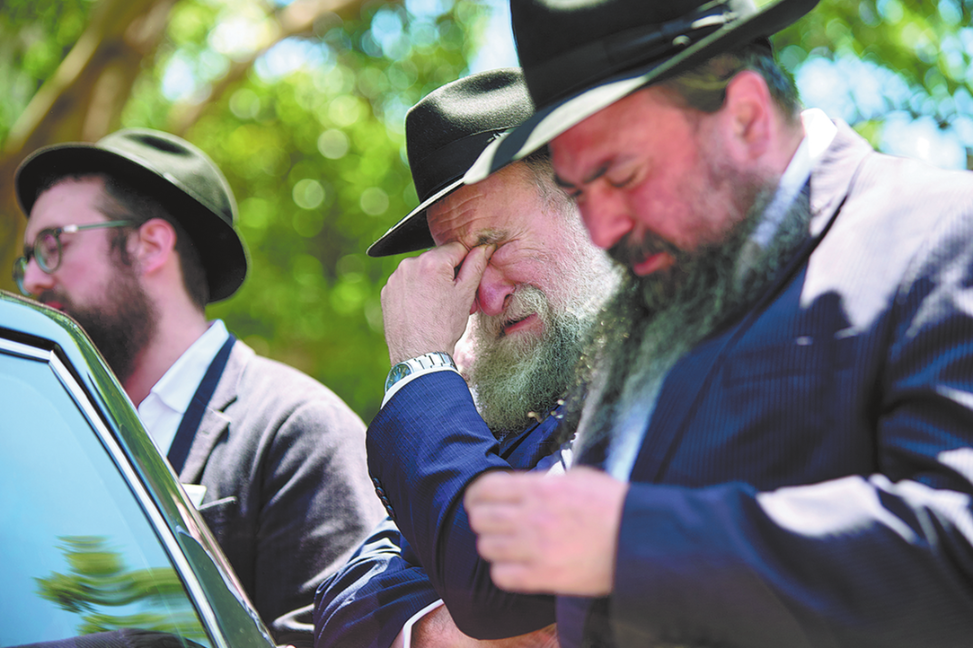US scrutinizes vaping as illnesses soar


It smells like a candy shop, except that the colorful bottles on shelves are filled with flavored nicotine liquid.
John Lee goes to the "Cool Vape" store in San Jose, California, every other day to buy disposable vaping devices. He bought two flavors — peach and lychee — for $27.
The 23-year-old college student has been vaping for four years. "I feel clean in my lungs. There's no smoking smell on my shirt and no stain on my fingers," he said in explaining why he switched to e-cigarettes (electronic cigarettes) from conventional cigarettes.
Lee said he spends $50 per week on vaping products. "It's cheaper (than traditional cigarettes). I have the money and time to do it now," he said.
About 50 miles away in San Francisco, home city of the US' largest e-cigarette company Juul Labs Inc, vapers won't be able to buy vaping products there starting early next year.
San Francisco is the first city in the US to ban sales of e-cigarettes amid the growing concern about their rising use among teens, along with serious health concerns.
San Francisco Supervisor Shamann Walton accused Juul of "putting profits before the health of young people and people in general".
The Juul device, like a USB drive, heats up a cartridge containing oils to create inhalable vapor. It comes in many sweet flavors, such as mango and crème brulee.
The use of e-cigarettes has become popular among teenagers in the US, despite the fact that 18 states, including California, have raised to 21 the minimum age to buy e-cigarettes and other tobacco products.
Health officials warned that the sweet flavors has addicted millions of children in the US to nicotine.
According to US Food and Drug Administration (FDA), 3.62 million US middle school and high school students were using e-cigarettes in 2018.
Vaping's popularity among students continues to rise. Preliminary data published in the New England Journal of Medicine last month found 1 in 9 high school seniors say they vape almost daily — a figure that researchers say suggests nicotine addiction.
Aside from the problem of use among teenagers, US politicians are grappling with another vaping-related public health crisis — a nationwide spate of lung illnesses that have sickened more than 1,000 people and killed 20 across 17 states as of Friday, according to the Centers for Disease Control and Prevention (CDC).
Reports of the earliest illnesses emerged in Wisconsin and Illinois in April, with symptoms including coughing, shortness of breath, fatigue and chest pain. The first death was reported in Illinois in August. Data showed that all the patients had a history of
e-cigarette use.
Anne Schuchat, principal deputy director of the CDC, described the outbreak as "continuing at a brisk pace", and emphasized that the illnesses were serious and life-threatening.
The agency hasn't been able to determine the exact cause of the illnesses because of limited information, but health officials believe a chemical exposure related to an oil-based additive may be the culprit.
The CDC has urged people to not use e-cigarettes with the marijuana ingredient tetrahydrocannabinol (THC), saying that the intoxicating component may have a role in causing the illnesses.
Doctors studying lung tissue from people with vaping-related injuries found that the changes in the lung samples suggest that the vaping-related injuries are caused by inhaling chemical irritants, but the specific agents are not known.
The lung damage in some people who have become ill after vaping nicotine or marijuana products resembles a chemical burn, pathologists from the Mayo Clinic reported on Wednesday.
Amid public outcry over the surge in lung illnesses, multiple states have been cracking down on vaping in recent weeks. New York, Michigan and Rhode Island all have banned the sale of flavored vaping products, while Massachusetts has imposed a four-month ban on sales.
Washington Governor Jay Inslee has urged state agencies to ban flavored and cannabis-derived vaping products and said more stringent rules could follow.
California Governor Gavin Newsom recently launched an awareness campaign about the dangers of vaping.
Oregon on Friday enacted a six-month ban on sales of all flavored vaping products.
With flavored products making up more than 80 percent of its sales, Juul faces slower sales because of a proposed federal ban on most vape flavors along with investigations by the Federal Trade Commission, the FDA and several state attorneys general into the company's marketing practices.
Juul's chief executive abruptly resigned Sept 25, and the company said it would suspend all product advertising in the US.
"If the flavors are banned, our store will be closed. Many stores will be closed," said the owner of Cool Vape in San Jose, who declined to be named.

































